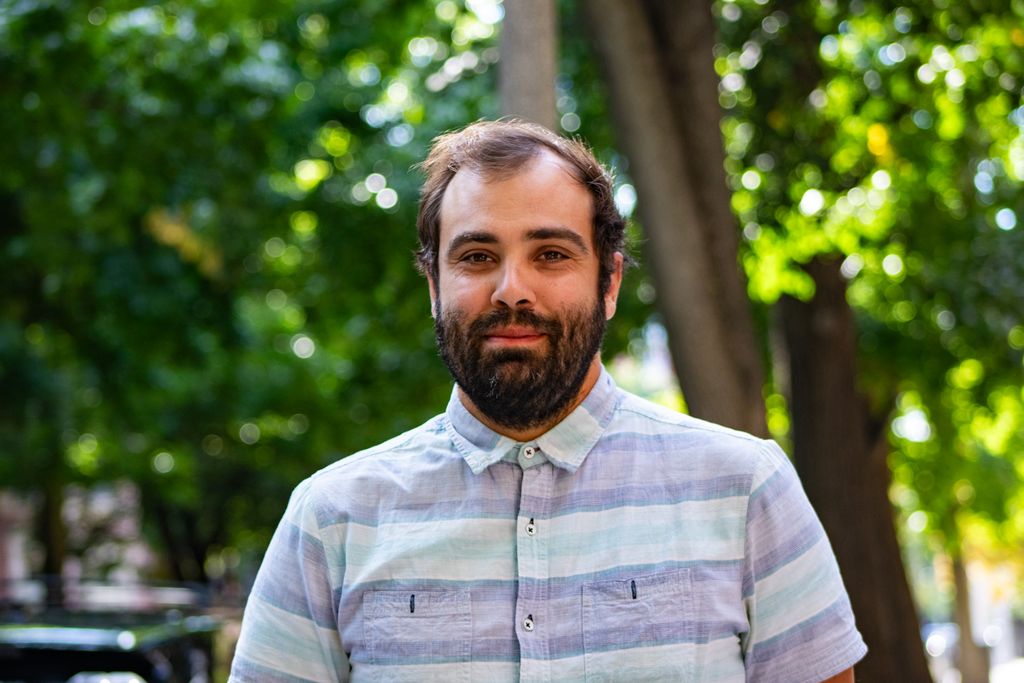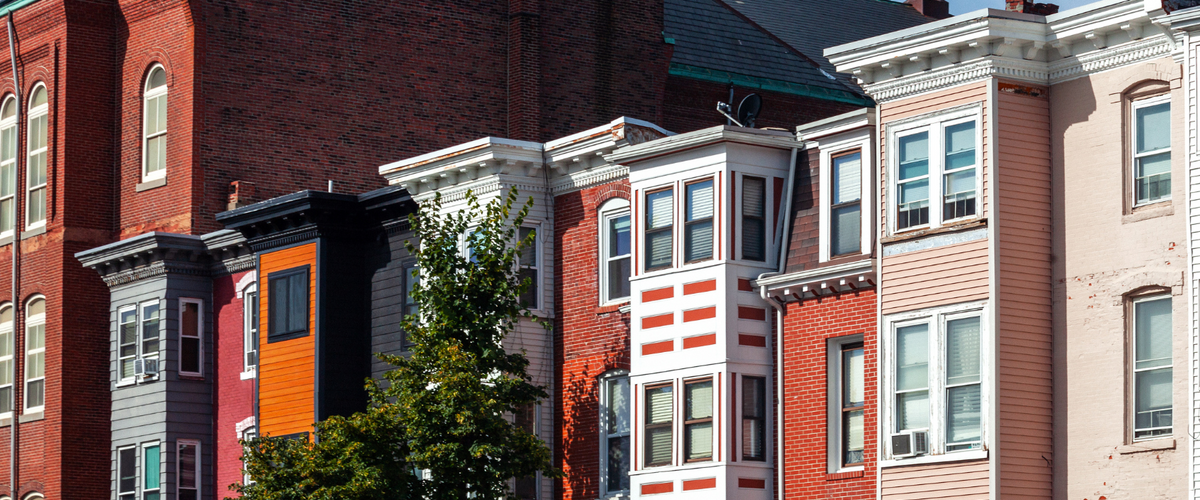
We’re excited to introduce and welcome our new Postdoctoral Research Associate, Josh Lown! Josh was born and raised in Michigan and received his undergraduate and graduate degrees from Michigan State University. Soon after finishing his master’s program in social work, he moved to the Boston area to begin his PhD in social work, where his dissertation focused on exploring how community members experience gentrification in East Boston, where he currently (and lovingly) resides. Josh joins the IOC after finishing up his previous postdoc at Northeastern.
We asked Josh to give us the scoop on his research and aspirations:
What inspired your interest in urban studies and city-related research?
When I graduated from my undergraduate program, I began working at a youth residential facility for kids in the foster care system in Michigan. Throughout my experiences there, I began to shift my thinking from blaming the parents to recognizing the cycles of trauma families experience by living in poverty and within communities that have been stripped of social cohesion and connection. It appeared to me that the existence of the foster care system was a failure of the state rather than the explicit failure of the family, and I wanted to engage more with understanding how families can be kept safe within their own neighborhood. This led me initially to studying policing, the relationship between collective efficacy and community safety, and finally to the role of the commodified housing market.
What research are you working on with the IOC?
I hope to continue expanding my work on green gentrification – specifically, examining how residents, environmental justice advocates, and anti-displacement organizers can build power and leverage policy to expand green spaces while combating displacement. I also hope to continue building on my methodological approaches, which combine qualitative geospatial methods with community-based participatory action research epistemologies.
What are you looking forward to doing and learning with the IOC?
I hope to utilize my time at the IOC to engage with the wide breadth of scholars attached to the IOC, and the University as a whole, to further develop and hone in on my methodological approaches, bounce ideas off of, and continue to bring activists and organizers into my work. I also plan on using my time at the IOC to develop a Green Gentrification Toolkit alongside scholars and organizers, which will serve as a tool for activists to advocate for policies that expand green space while minimizing displacement.
What do you hope your research will contribute to urban studies, policy, and practice?
I hope that my research will contribute to the growing body of work surrounding green gentrification, embedding community voices into the scholarship and development of policies that directly affect our neighbors. I also hope to contribute to the theoretical foundations of urban studies through my work, which explores the experiences of hauntology within the long history of immigration, land theft, and gentrification in cities and neighborhoods.
Tell us a bit about your interests and hobbies related to academia/cities and outside of academia/cities!
Outside of academia, I try to find myself immersed in nature as often as I can or, conversely, at a local show, slowly realizing I’m too old to keep moshing. I make and publish music in my (sometimes limited) free time. I had some of my music featured on a benefit compilation and had a small cassette run of some of my work. My son keeps asking me why I don’t play as much anymore, so that’s one of my goals for the year. I also deeply love horror movies and will gladly talk your ear off about the relationship between horror movie symbolism and the “horrors” of urban life.
